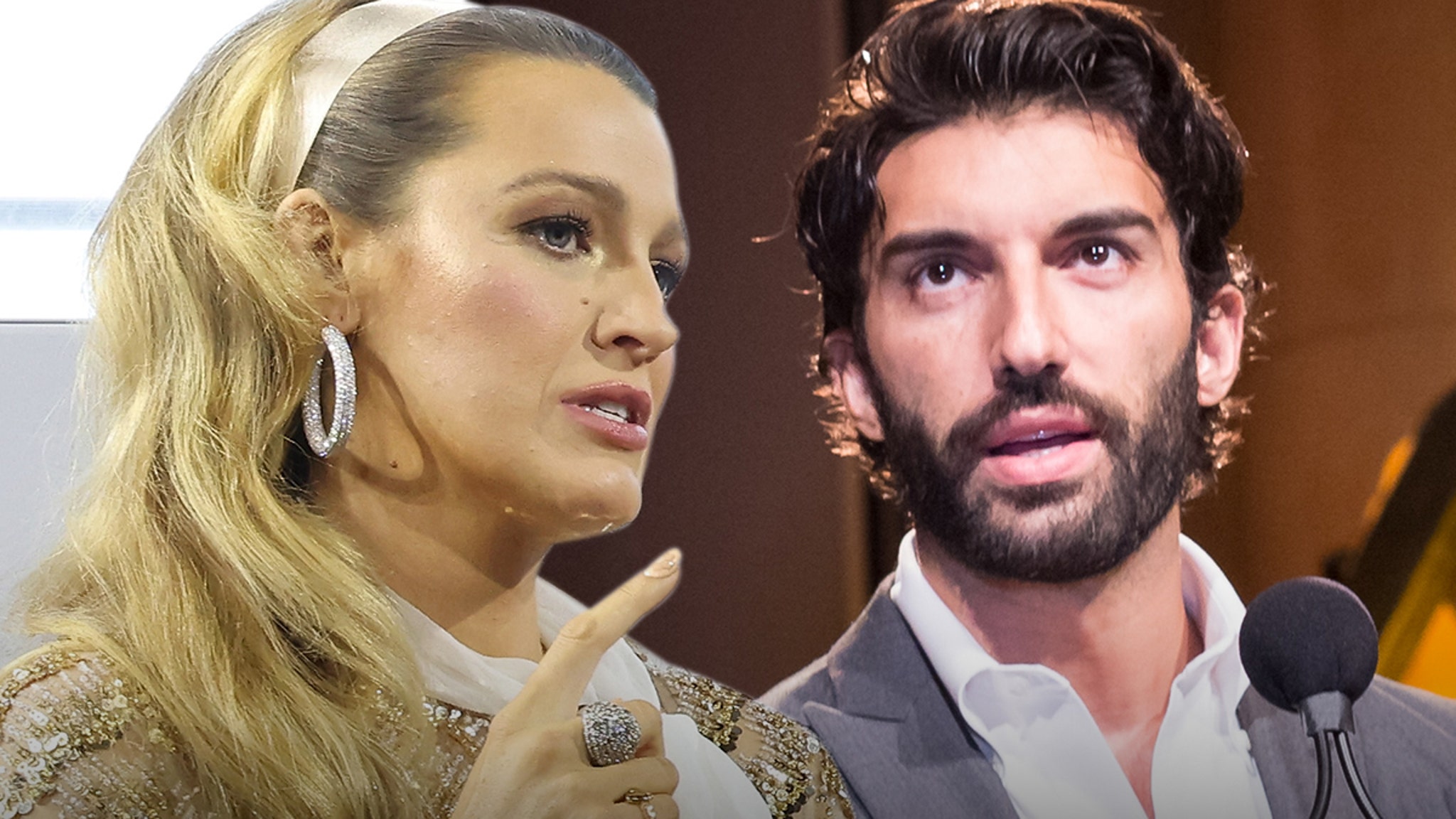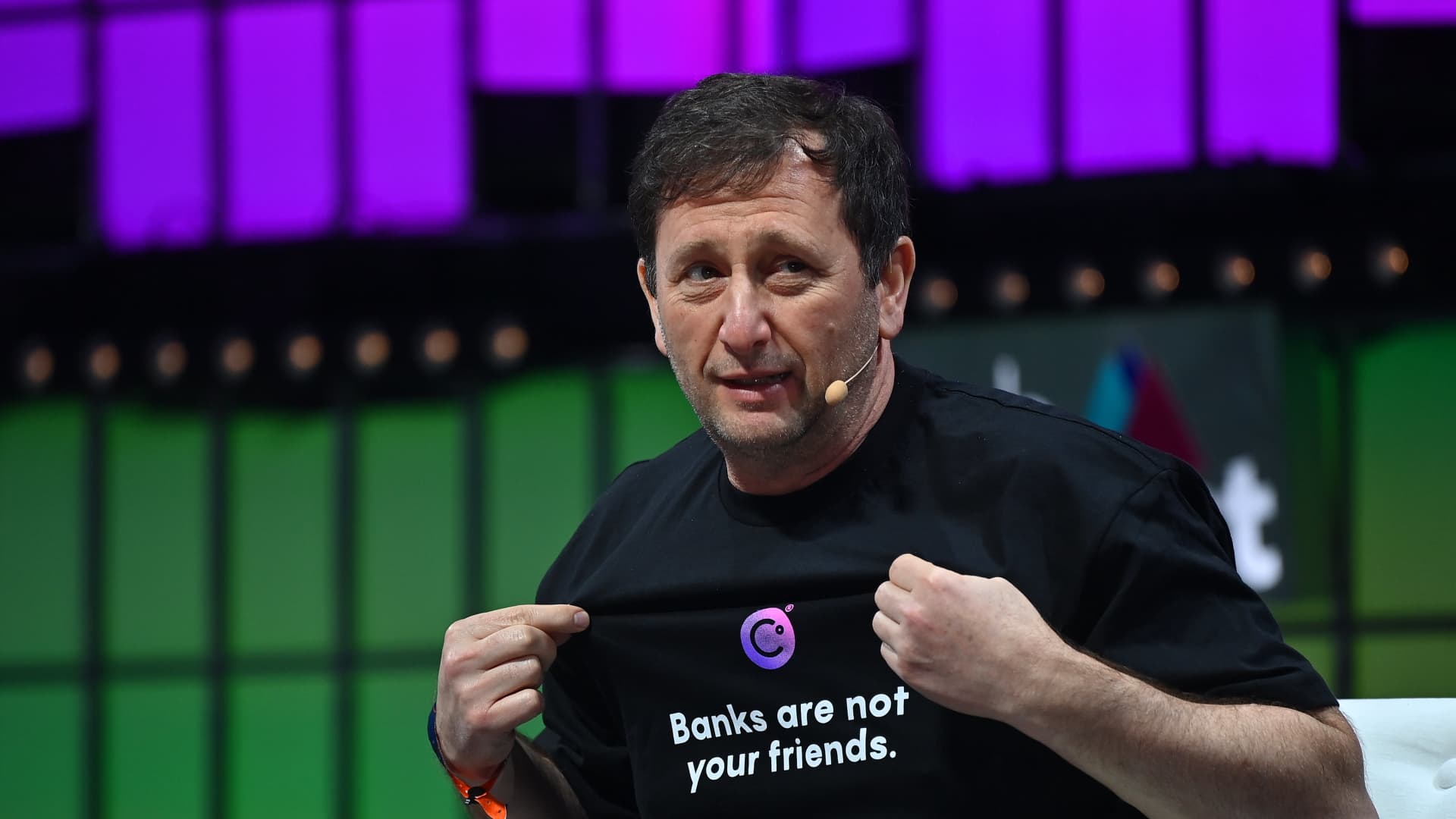It would be “painful,” said Boris Johnson, standing in front of 10 Downing Street before a mass of reporters, to see so many of his ideas and projects fail to bear fruit. And yet for that failure, the man who as a child declared he wanted to be “World King” had only himself to blame. As he battles to retain relevance, polish a very tarnished legacy, and otherwise avoid abject ignominy, the challenge now for his Conservative Party, U.K. politics, and weary members of the British public is to understand who—and what—may come next.
In the coming days, a small cabal of rules nerds will essentially self-select from among the 350 or so Conservative lawmakers in Britain’s lower chamber, the House of Commons. By early next week, this group—known as the 1922 committee—is expected to confirm a set of rules to govern the leadership contest that will select Johnson’s successor. Since the Conservatives retain a majority in Parliament thanks to their landslide electoral victory in 2019, there is no automatic requirement for a new national vote. This means that for the third time in just seven years, a newly anointed Conservative leader will automatically become Britain’s next prime minister.
Many of Johnson’s political opponents, as well as a fair few of his fellow Conservatives, seem keen to turf him out of office lickety-split, in the next few days, rather than weeks or months. However he has indicated that he intends to remain in the post for much of the summer, even if it will be challenging for him to persuade enough members of Parliament to take on government posts that they know will likely be temporary.
In a measure of the current absurdity, Michelle Donelan, a woman who has wanted to be a politician since she was six years old, accepted from Johnson the important job as the U.K.’s new education secretary on Tuesday night. By Thursday morning, she had announced her resignation. (That kind of vacillation has a precedent; prior to the Brexit referendum in 2016, Johnson wrote two newspaper columns—for and against the idea of exiting Europe—but only published one in the end). The man Donelan was replacing as education minister, Nadhim Zahawi, had accepted from Johnson—also on Tuesday night—the second-most senior role in British politics, that of finance minister—or, to be precise, Chancellor of the Exchequer in Her Majesty’s Treasury, Second Lord of the Treasury (there are other such lords, in case you wondered, but he’s not a real lord, at least not yet).
Zahawi, an Iraq-born British success story (albeit with a history of involvement in a failed Kurdish oil company in his professional past) was called craven and power-hungry by critics on social media as he spent Wednesday loudly telling anyone who would listen that Johnson should be left alone to get on with his job. By Thursday morning, he had updated his Twitter handle to reflect his new role and was penning a self-important letter on red, embossed Treasury notepaper that he had simply taken the job out of loyalty to the country, to ensure his department could “continue to function through a national crisis,” but Brits needed a government that “acts with integrity.” Johnson, he admonished, should “go now.” Zahawi is, dear reader, yet considered one of the front-runners to succeed Johnson as prime minister.
Some of the others are also Johnson loyalists—or at least they were before the political winds changed enough for them to trash him publicly. Some are self-styled “Brexit Spartans,” who never once saw fit to vote for the kind of agreement with the European Union that would prevent the country’s economy falling off a cliff. One ambitious pretender to the throne, a lawyer called Suella Braverman, even went on national television Wednesday night as the country’s sitting attorney general to discuss Johnson’s future. She said she was “proud of what he’s achieved,” but that Johnson’s “time has come.” Then with a patently affected ponderousness, she answered a question about her own willingness to compete for Britain’s premiership. “I’ll be straight with you, Robert. Yes. I will,” she told the interviewer, Robert Peston, promising to “put my name into the ring,” apparently unaware that this particular metaphor typically involves hats.
During the last Conservative leadership contest, from which Johnson emerged as victor, Brexit was by far the most contentious area of policy dispute. Today, Britain faces other no-less-complex crises, including sky-high energy prices and rampant inflation. As former cabinet minister and longtime Johnson critic Rory Stewart tells Vanity Fair in an email, “We desperately need someone who is not just about campaigning but who can govern well—who shows humility and critical thinking and above all honesty.” This would seem to require a seriousness of purpose and focus that have eluded Johnson in recent days, and his reputational implosion may well affect all those would-be candidates that have remained so long in his orbit—particularly the cabinet members that still sat close around him in Parliament as recently as Wednesday.
Any new British leader will also doubtless seek to continue supplying military and financial support to war-torn Ukraine, as it fights to retake Russian-occupied territory, including the Crimean peninsula. It was there that a previous calamity involving Russia befell Britain, during a now infamously disastrous 19th-century military action by a cavalry regiment, called the Charge of the Light Brigade. Yesterday in Parliament, Johnson’s chief political opponent, Labour party leader Keir Starmer, pointed at the “Z-list of nodding dogs” that surrounded Johnson, despite his eminently imminent downfall, and cheerfully denigrated their inexperience as they scowled back at him. This group represented, he said to laughter across the House of Commons, “the charge of the lightweight brigade.”





















Discussion about this post